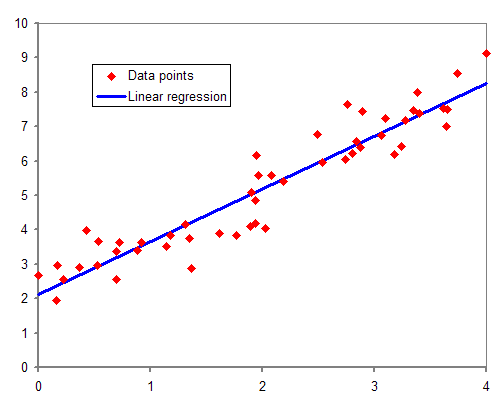|
Suppressor Variable
A suppressor variable is a variable that increases the predictive validity of another variable when included in a regression equation. Krus, D. J., & Wilkinson, S. M. (1986). Demonstration of properties of a suppressor variable. ''Behavior Research Methods, Instruments, & Computers'', 18(1), 21-24. Suppression can occur when a single causal variable is related to an outcome variable through two separate mediator variables, and when one of those mediated effects is positive and one is negative. In such a case, each mediator variable suppresses or conceals the effect that is carried through the other mediator variable. For example, higher intelligence scores (a causal variable, A) may cause an increase in error detection (a mediator variable, B) which in turn may cause a decrease in errors made at work on an assembly line (an outcome variable, X); at the same time, intelligence could also cause an increase in boredom (C), which in turn may cause an increase in errors (X). Thus, in one ... [...More Info...] [...Related Items...] OR: [Wikipedia] [Google] [Baidu] |
Regression Equation
In statistical modeling, regression analysis is a set of statistical processes for estimating the relationships between a dependent variable (often called the 'outcome' or 'response' variable, or a 'label' in machine learning parlance) and one or more independent variables (often called 'predictors', 'covariates', 'explanatory variables' or 'features'). The most common form of regression analysis is linear regression, in which one finds the line (or a more complex linear combination) that most closely fits the data according to a specific mathematical criterion. For example, the method of ordinary least squares computes the unique line (or hyperplane) that minimizes the sum of squared differences between the true data and that line (or hyperplane). For specific mathematical reasons (see linear regression), this allows the researcher to estimate the conditional expectation (or population average value) of the dependent variable when the independent variables take on a given set of ... [...More Info...] [...Related Items...] OR: [Wikipedia] [Google] [Baidu] |
Confounding Variable
In statistics, a confounder (also confounding variable, confounding factor, extraneous determinant or lurking variable) is a variable that influences both the dependent variable and independent variable, causing a spurious association. Confounding is a causal concept, and as such, cannot be described in terms of correlations or associations.Pearl, J., (2009). Simpson's Paradox, Confounding, and Collapsibility In ''Causality: Models, Reasoning and Inference'' (2nd ed.). New York : Cambridge University Press. The existence of confounders is an important quantitative explanation why correlation does not imply causation. Confounds are threats to internal validity. Definition Confounding is defined in terms of the data generating model. Let ''X'' be some independent variable, and ''Y'' some dependent variable. To estimate the effect of ''X'' on ''Y'', the statistician must suppress the effects of extraneous variables that influence both ''X'' and ''Y''. We say that ''X'' and ... [...More Info...] [...Related Items...] OR: [Wikipedia] [Google] [Baidu] |
